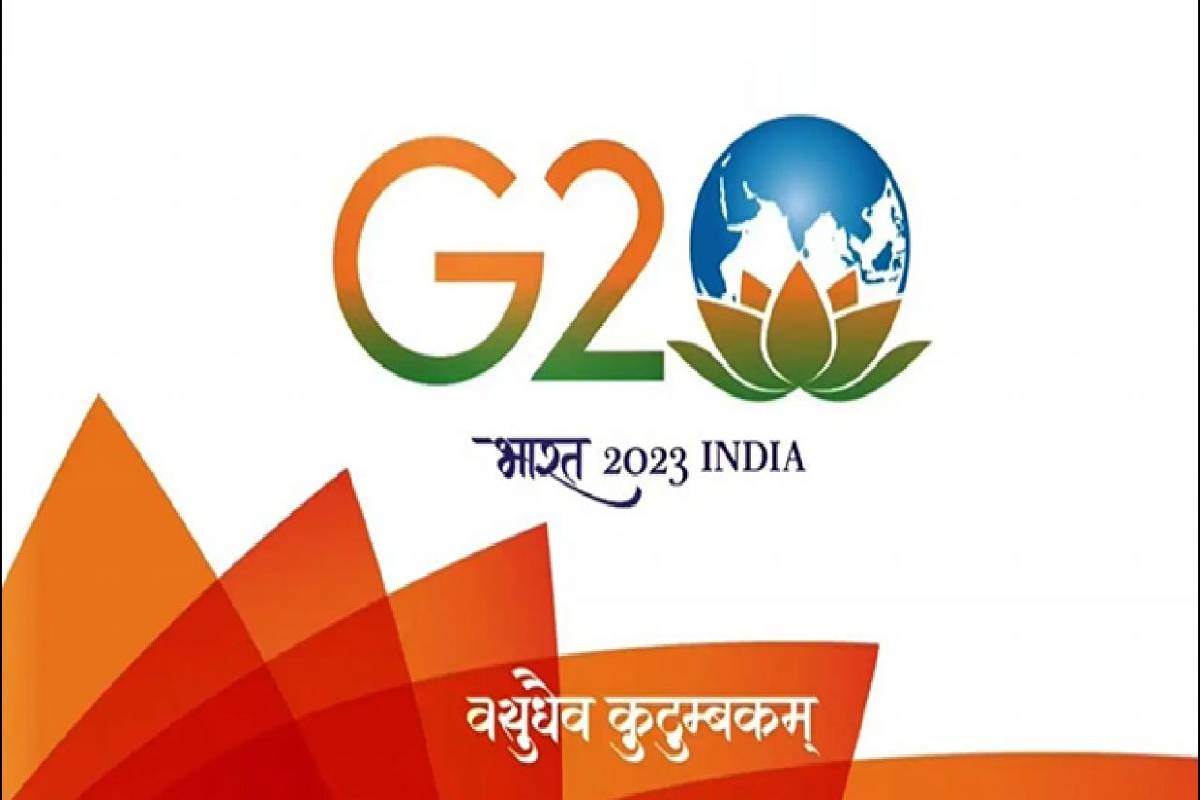The first G20 Finance and Central Bank Deputies (FCBD) meeting will be held from 13-15 December in Bengaluru.
The meeting, which will mark the start of discussions on the Finance Track agenda under the Indian G20 Presidency, will be hosted jointly by the Ministry of Finance and the Reserve Bank of India.
The G20 Finance Track, led by Finance Ministers and Central Bank Governors of G20 countries, focuses on economic and financial issues. It provides an effective forum for global economic discourse and policy coordination. The First Finance Ministers and Central Bank Governors Meeting will be held during 23-25 February 2023 in Bengaluru.
Prime Minister Narendra Modi, in his address at the Bali G20 Summit, had stated that the need today is to ensure that the benefits of development are universal and all-inclusive. The Ministry of Finance has imbibed this idea in the G20 Finance Track agenda. He has also given a vision that India will strive to ensure that the G20 acts as a global “prime mover” to envision new ideas and accelerate collective action over the next one year.
The upcoming meeting will be co-chaired by Ajay Seth, Secretary, Department of Economic Affairs and Dr Michael D. Patra, Deputy Governor of RBI. Their counterparts from G20 member countries, and from several other countries and international organisations invited by India, will participate in the two-day meeting.
The G20 Finance Track discusses key issues of relevance for the global economy, encompassing the global economic outlook, the international financial architecture, infrastructure development and financing, sustainable finance, global health, international taxation and financial sector issues, including financial inclusion.
In the Bengaluru meeting, discussions will focus on the agenda for the Finance Track under the Indian G20 Presidency. This includes reorienting international financial institutions to meet the shared global challenges of the 21st century, financing cities of tomorrow, managing global debt vulnerabilities, advancing financial inclusion and productivity gains, financing for climate action and SDGs, a globally coordinated approach to unbacked crypto assets and advancing the international taxation agenda.
On the sidelines of the meeting, a panel discussion will be held on ‘Strengthening Multilateral Development Banks to Address Shared Global Challenges of the 21st Century’. A seminar on the ‘Role of Central Banks in Green Financing’ will also be held.
The Indian G20 Presidency’s theme of ‘One Earth One Family, One Future’ will guide the G0 Finance Track discussions. Approximately 40 meetings of the Finance Track will be held in several locations in India, which include meetings of G20 Finance Ministers and Central Bank Governors. The discussions in the G20 Finance Track will ultimately be reflected in the G20 Leaders’ Declaration.
India has assumed the G20 Presidency at a time of multiple challenges, which include scarring from the COVID-19 pandemic, sharpened geopolitical tensions, rising food and energy security concerns, growing debt distress, inflationary pressures, and monetary tightening, among others. A key role of the G20 is to provide guidance in dealing with such challenges.
During India’s G20 Presidency, supporting the countries most in need and reflecting the concerns and aspirations of developing countries will be at the forefront of the G20’s efforts. The Ministry of Finance and the Reserve Bank of India will steer the G20 Finance Track agenda in an inclusive manner aimed at addressing the global economic needs of today as well as preparing for a better tomorrow.
Advertisement











